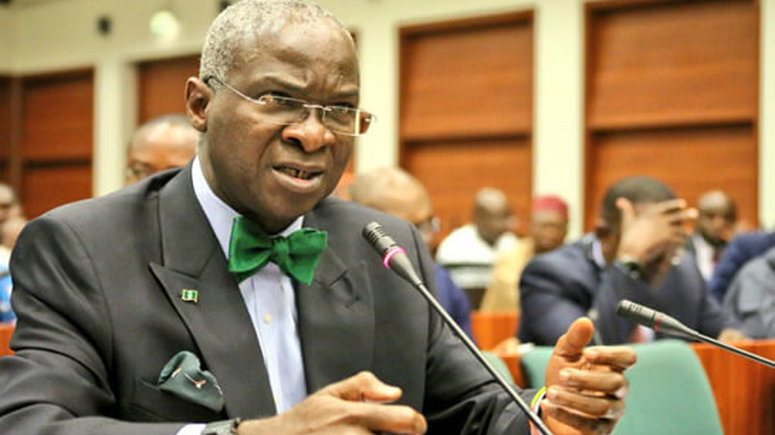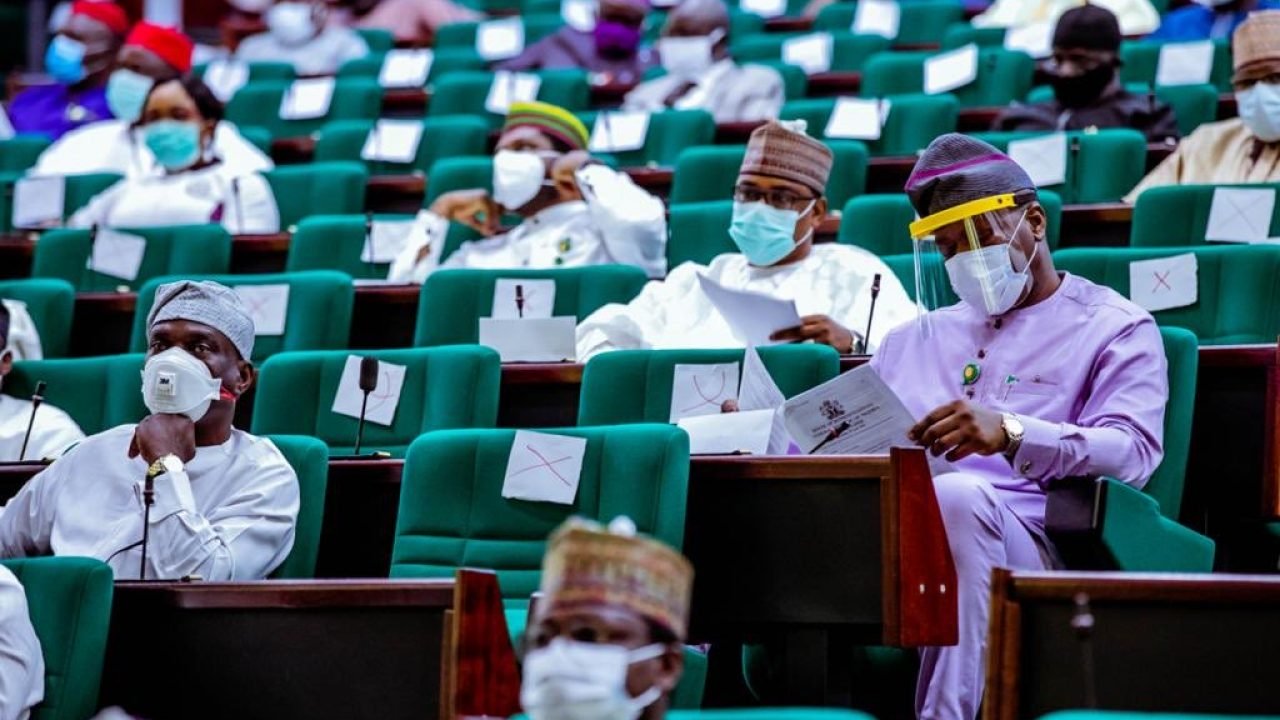By Atiku Abubakar
The reality is that our nation does not work well whether we focus on security, education, economic production, employment generation and people’s welfare or we focus on governance and politics or the relationships among our diverse ethnic, regional, and religious groupings. Our government relies excessively on rent derived from a single export product, crude oil, for revenues.
The consequences of that have included over-exposure to the vagaries of the world oil market over which we have little control. It has also led us to over-centralize power and concentrate economic resources at the federal level at the expense of the federating states. We have poor infrastructure and low investment, high unemployment and high level of poverty, as well as the highest level of out-of-school children in the world.
We also have poor governance, lack of due process, lack of proper coordination of government processes, a high level of corruption, and a high level of insecurity characterized by armed robbery, kidnapping, militancy and terrorism.
While progress has been made in recent times in the fight against terrorism, the rate of other violent crimes remain unacceptably high. Then there are persistent cries of marginalization and unfair treatment by various ethno-religious and regional groups in terms of resource and power-sharing, investment and other government services.
What Went Wrong?
It wasn’t always this way. At independence we had many challenges, but we began to make steady progress. We had a federal structure with three powerful regions, which retained 50% of the revenues derived from their regions. With this they provided security, infrastructure such as roads, power, portable water, built healthcare facilities, schools and universities, and provided other social services. But when the political leaders tried to extend their influence beyond their regions of dominance, it precipitated a crisis that led to military seizure of power as well as a counter-coup, and ultimately a civil war. The military remained in power for all but four years in the period 1966-1999.
Among the measures taken by the military leaders was the fragmentation of the regions into states which now number 36; the centralization of power and concentration of resources at the federal level at the expense of the federating states; and the expansion of infrastructure provisioning. Others include, the expansion of the government’s reach into various aspects of our national life, including the economy (not just as a regulator but as an investor in all sectors of the economy), and involvement in religion by subsidizing of religious pilgrimages.
There were also the federal take-over of institutions and services hitherto belonging to the federating states such as schools and universities, hospitals, roads and power plants; and an activist foreign policy that saw the government intervening diplomatically and financially in the causes of African liberation and Black emancipation, especially in Africa and the Caribbean.
These measures were encouraged by a sudden rise in oil revenues in the early 1970s. The sudden oil wealth had other consequences, including relative neglect of agriculture. It created a mentality, which survives to this day, that oil wealth is here to stay and that we really need not engage in diverse economic activities, which governments typically tax for revenues.
Thus, we got used to the notion of wealth without work, and government revenues that do not come directly from taxation. Thus, it has been rather difficult for citizens to hold governments to account. Currently also we have a situation where most of the states in the country are unable to pay their workers or provide basic services unless they collect monthly revenue allocations from the centre.
However, the decline in oil prices and revenues in the early 1980s, and periodically ever since, has exposed the folly of our ways. It has led to serious economic and political crisis including high level of unemployment and such associated social problems as crimes, including robbery and terrorism, militancy, decline in the quality of education, healthcare, and other social services, poor infrastructure provisioning. We also have agitations by different segments of the country against what they perceive as marginalization by the governments and the other segments. Excessive centralization has also led us to place a very high premium on political power, especially at the federal level, leading to instability in our politics, which in turn, scares away investors.
So How Do We Build a Nigeria that Works?
There is a saying that if you want to get out of a hole you dug yourself in you first stop digging. So, we need to stop our slide towards economic and political precipice. And one way to build a Nigeria that works is to identify what our people want and what they think our priorities should be. The next step is to assess whether the policies and strategies we currently pursue will adequately address those, and if not, in what ways they might be better addressed.
When you talk to ordinary Nigerians as I do regularly what they profess to be at the top of their priority list include the provision of and access to high quality education and training; infrastructure such as power, roads, railways and ports; security; employment and job creation; and accountability and reduced corruption. They also call for a reorientation of values, which, I think, will come mainly from the change of behaviour by leaders. A Nigeria that works would be one that effectively and efficiently meets these needs. But there are two huge impediments to doing that.
Rentier economy: I believe that if we continue to rely on revenues from oil derived from mainly from three states of the federation, we will be unable to build an economy that works and will be unable to provide the education, security, and employment that our people desire and deserve. And we will be unable to adequately tackle the corruption and lack of accountability, which the dependence on oil facilitates.
The fight over the sharing of oil revenues has also been a huge distraction from what we need to be doing to diversify our economy and secure our economic future. Although the Petronas Towers are there to remind us that Malaysia is still an oil producer we seem to forget that. The reason is because Malaysia has diversified its economy and reduced the influence of fluctuating oil revenues on its economic fortunes. Today oil contributes only 14% of Malaysia’s GDP. The industrial sector has taken over.
Unitary federalism, that is, our deformed federal system characterized by the centralization of power and resources, with the resulting excessive dependence on the centre by federating units. That dependence on oil revenues is also a major reason for the fractured and fractious relationship among our various regional, ethnic and religious groups. It has also created a perverse incentive system where rewards do not necessarily go to those who work hard. And the perverse incentive system as well as the mistrust arising from the fractured relationship among our diverse groups, has created entrenched interests, thereby making reform difficult.
To build a Nigeria that works, therefore:
We need to restructure our federal system to devolve more powers and resources to the federating units. It will encourage states to compete to attract investment and skilled workers rather than merely waiting for monthly revenue allocations from Abuja. This will also include the establishment of state police for the states that so desire so as to improve security.
We must be open to changing the nature of the federating units such as using the existing geo-political zones as federating units rather than the current 36, of which only a few are financially viable.
Political decentralization must be accompanied by economic diversification. We need to diversify our economy away from the dependence on oil. We need to create opportunities for our people to engage in diverse economic activities which governments will then tax for revenues. But we can’t do that efficiently and effectively without accurate data.
I have in the past called for an end to the self-defeating politics we play with census in the country. With all the data gathering and analytic tools in existence in the 21st century we have no good reason not to have accurate data on our people, down to the smallest unit, the individual. Without data, we cannot plan properly and all of us will lose, including those who try to inflate their population figures and those who want to suppress those of others. Political decentralization will also help to deepen and strengthen our democracy as it will encourage more accountability. Citizens are more likely to demand accountability when governments spend their tax money rather than rent collected from an impersonal source.
To further strengthen our democracy, we need to reform our politics, especially by reforming our electoral system. Such reform must ensure that those who emerge as winners after an election are really those freely chosen by the people.
The electoral reform should largely be along the lines recommended by the Justice Mohammad Uwais panel on electoral reforms. For example, funding the electoral umpire from the first line charge in the Consolidated Revenue Fund is critical; transferring the power to appoint the chairman of the electoral umpire from the President to the National Judicial Council will help, as will efforts to curb the role of money and godfathers in our elections. I have also been arguing that the declared winner of an election should not be allowed to assume office until all legal challenges to that election have been resolved. The recent Supreme Court decision nullifying the election of a member of the House of Representatives and ordering him to refund the pay that he had collected as a member is an encouraging sign. Hopefully that decision will serve as a disincentive to those aspirants and candidates who wish to engage in electoral fraud.
We also need to reform the anti-corruption agencies to help depoliticize them and make them really independent. This will help to strengthen the fight against corruption, which is critical in renewing our people’s belief in the integrity of public institutions and pubic officials. Such a reform will require changes to how the agencies are funded, how their heads are appointed and who they report to.
While not exhaustive, these steps, if taken, will help us to produce effective and public-spirited leadership and certainly help us to live up to our economic potentials and evolve into a nation where citizens and every segment of the population feel proud, welcome and committed to its long-term health and survival.
Atiku Abubakar, former Vice President, Federal Republic of Nigeria, delivered this speech (excerpts) while accepting the Hero of Nigeria Democracy Award conferred on him by Hall of Grace Magazine in Lagos, at the weekend.

